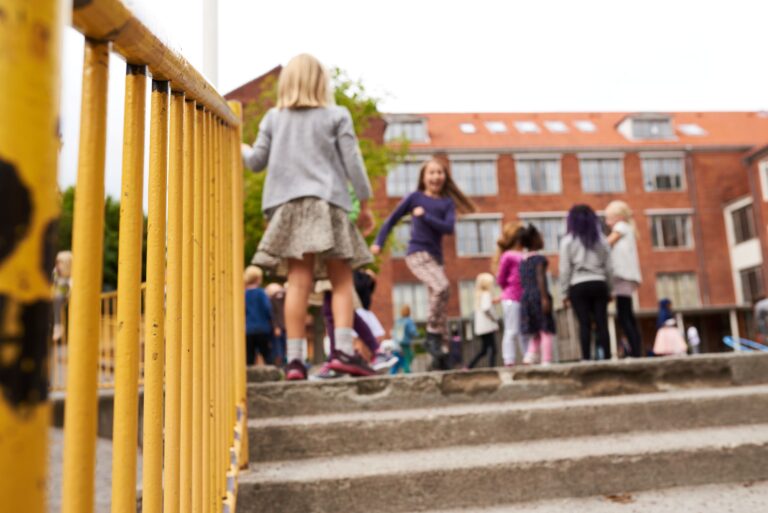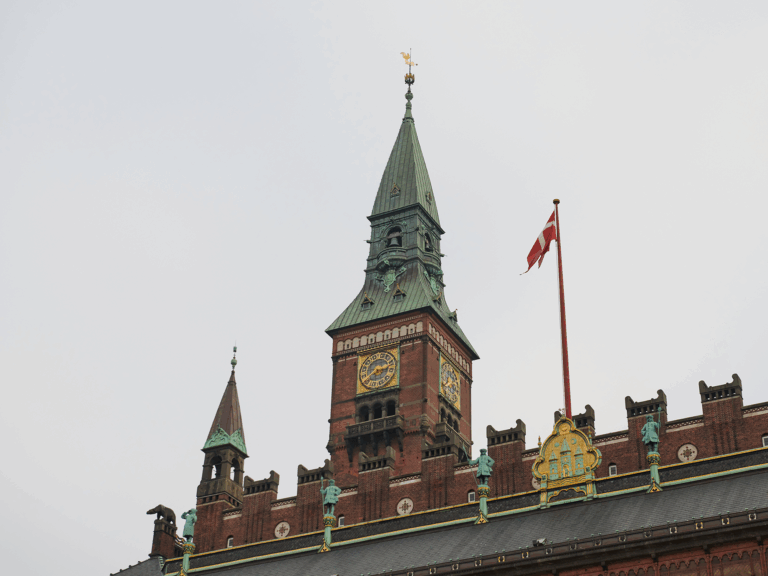Family and social conditions
People in Denmark have appreciable freedom to structure their family lives as they wish. Some people live alone, others in large families. Some people divorce, some find new partners; some people have a lot of children, others choose not to have any. People are largely free to structure their free time as they choose – even though a clear relationship can often be observed between the choices they make and their gender, level of education and/or age. The choices people make in their private lives also have an impact in a broader perspective, and major trends can eventually have consequences on society as a whole.
A key task of the welfare society is to ensure that as few people as possible are marginalised in society, living lives far removed from the labour market and the education system. Lives in which criminality and substance abuse can sometimes become distinguishing features. Another special assignment of the welfare society is to guarantee a reasonable standard of living for people who, for one reason or another, have difficulty navigating the labour market and society in general. This task is handled, for example, via transfer incomes, as well as through services created specifically to help vulnerable groups. Particular attention is devoted to children born into families that are facing challenges of various types. What can be done to ensure that these children do not inherit and perpetuate the problems of their parents?
There are numerous dilemmas and important questions to tackle with regard to marginalised groups. One important class of question refers, for example, to the extent to which financial incentives are effective in encouraging these groups to enter the labour market or the education system, and the extent to which such incentives contribute to more people experiencing a particularly low standard of living. With reference to children, one significant issue relates to the impact of placements outside the home. From the perspective of criminality, the question here is once again what can be done to prevent criminality and what effects can be achieved by different types and scopes of punishment.
Here at the ROCKWOOL Foundation, we work with a wide cross-section of the problem issues that exist in relation to the more marginalised groups in society – in relation to the consequences for both the individual and for the welfare society as a whole.
Latest releases on family and social conditions

Comment
Reducing class sizes does not resolve the fundamental problem of the public school system
February 2026

Research report
Left in Charge: Political Rule and the Rise of Local Welfare
December 2025

Knowledge overview
Innovative employment initiative gives young people a work identity – and higher wages
September 2025

Podcast
Why Academic Performance Has Improved More Among Girls Than Boys
July 2025
Employees who are particularly involved in family and social conditions

Signe Hald Andersen
Chief of Interventions, Research Professor
sha@rfintervention.dk
+45 20 69 82 82
Family and social conditions
Health and well-being

Lars Højsgaard Andersen
Research Professor and
Head of Research in Marginalised groups
lha@rff.dk
+45 61 66 63 78
Family and social conditions

Jeanette Østergaard
Research Professor, Head of Development
joe@rfintervention.dk
+45 51 27 45 08
Family and social conditions
Health and well-being

Peter Fallesen
Research Professor
pf@rff.dk
+45 61 33 31 84
Family and social conditions